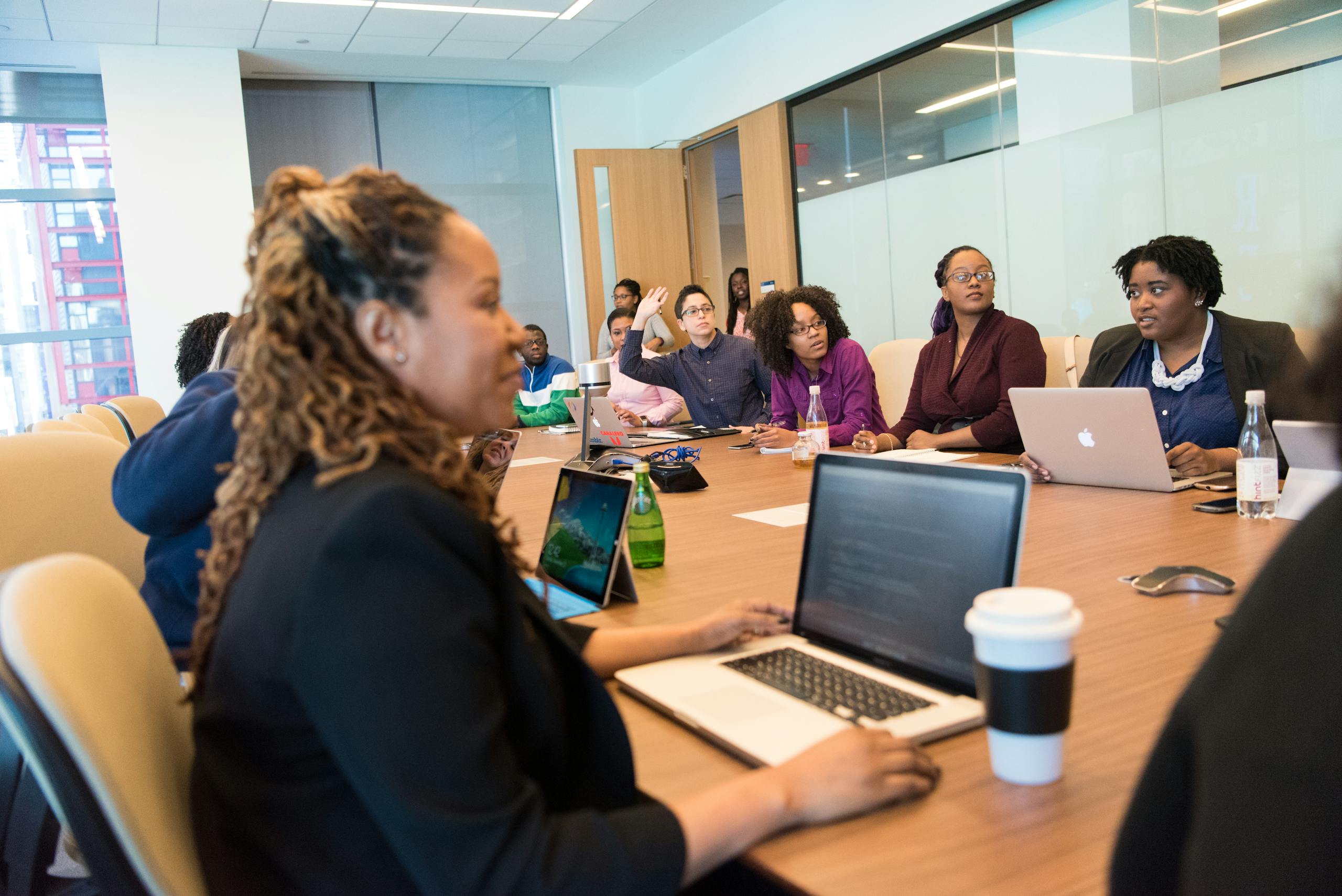Recognizing the importance of continuous learning – and actively investing in it – is essential for any organization. To support employee growth and, by extension, business growth, learning must take center stage. But simply rolling out a learning platform is no longer enough. Forward-thinking organizations are shifting their focus from traditional, content-driven Learning Management Systems (LMS) to Learning Experience Platforms (LXPs) that offer personalized, engaging, and interactive learning journeys. Equally important is fostering a strong learning culture to amplify impact.
Two recent projects supported by Y squared – one with the Royal Belgian Football Association (RBFA) and the other with a global materials technology leader – highlight the power of this shift.

Implementing an LXP for a better learning experience
The RBFA needed a new learning platform to elevate capabilities across its football ecosystem – including coaches, referees, and stewards. Their previous system delivered a subpar user experience, relied heavily on manual processes, and suffered from data issues, which hindered engagement and talent development. Given the strategic importance of offering high-quality services to Belgian football, they sought a better solution.
Y squared guided the RBFA through the selection and implementation of a new LXP. We conducted a market analysis to identify top-tier vendors and created a shortlist. We mapped out the organization’s learning needs and translated them into a formal Request for Proposal (RFP), which we then facilitated. Based on an in-depth evaluation, we advised the management team on the best-fit solution. After that, we assumed the role of Product Owner to lead the technical implementation and launch of the “RBFA Academy,” while also mentoring an internal Product Owner to ensure sustainable in-house capabilities.

Key outcomes:
- A significantly improved user experience, allowing learners to easily navigate courses, track progress, and receive personalized learning paths and content recommendations.
- Automated processes and better data quality (e.g. UEFA license points and certificates), reducing administrative overhead and improving the efficiency of learning management across RBFA, Voetbal Vlaanderen, and ACFF.
- Sustainable knowledge anchoring, empowering the RBFA to independently drive and refine its long-term learning vision.
Embedding a growth- and learning-oriented culture
At a global materials technology company, we implemented a new learning platform in support of their ambitious growth goals. The department in question faced several hurdles: a lack of structured professional development, inconsistent ways of working across teams and regions, and limited learning opportunities – leading to employee dissatisfaction.
In phase one, we supported the client in selecting and rolling out the new platform. We assessed current knowledge levels, developed learning plans, and encouraged employees to engage with the new system. Over 90% of users found the platform user-friendly, and more than 60% recognized its added value both personally and professionally. However, after six months, usage began to decline.
Digitizing training is only the first step. To truly realize the benefits of a new platform, learning experiences must be integrated into a broader learning cultuur. That’s where phase two begins: working closely with the client to link learning goals to departmental objectives, define clear success criteria, and actively nurture a learning culture – so the full potential of the platform can be unlocked.

Key outcomes:
- Structured, role-based learning journeys aligned with concrete development goals, accelerating skill building.
- Improved employee satisfaction, as individuals gained clearer insight into their career development and learning paths.
- A mindset shift toward learning and growth, with a strong commitment to embedding this culture at both team and organizational levels.
The difference: traditional LMS vs. modern LXPs
While traditional Learning Management Systems (LMS) focus on delivering and administrating learning content, Learning Experience Platforms (LXPs) go further by enabling tailored, immersive, and user-centric learning. Here’s how they differ:
- Personalization: LMSs tend to follow a one-size-fits-all approach. LXPs, on the other hand, offer personalized learning paths based on individual needs, career goals, and performance gaps – driving relevance and engagement.
- Social learning: LXPs foster interaction through community features like forums, peer collaboration, and knowledge sharing – areas where traditional platforms typically fall short.
- User experience: LXPs are learner-first by design, with intuitive interfaces and smooth navigation similar to modern apps. LMSs are often more complex and admin-centric.
- Content discovery: LXPs use AI to recommend relevant courses, articles, and videos based on user behavior. LMS users usually have to manually search for content.
- System integration: LXPs integrate seamlessly into daily workflows and tools like Slack, Microsoft Teams, and performance systems – making learning a continuous experience, not a standalone activity.
Conclusion
Across industries, the shift to future-ready learning goes beyond technology. It’s not just about upgrading platforms – it’s about embracing a holistic learning strategy and culture that align with your organization’s broader goals and fuel growth at every level.
Success lies in designing learning experiences that empower people – and drive long-term value for the organization.
